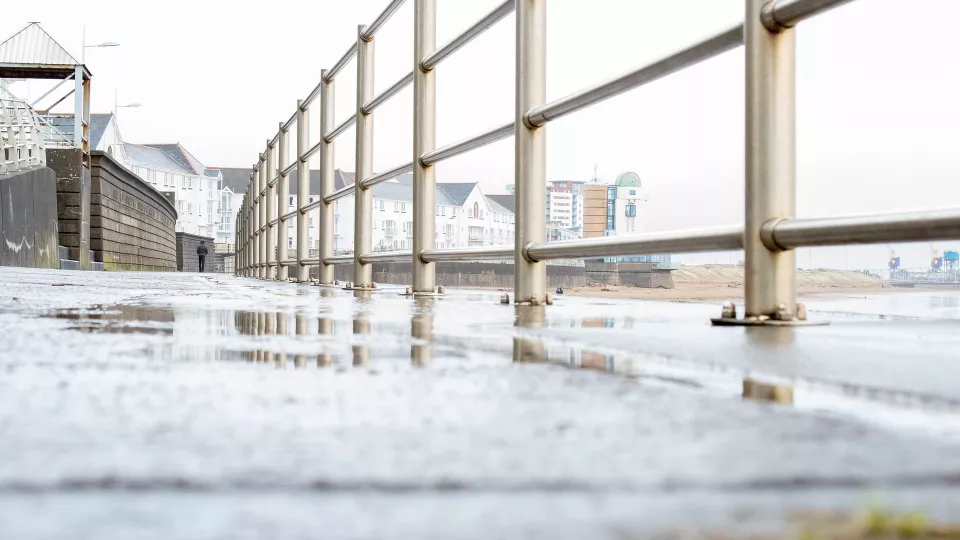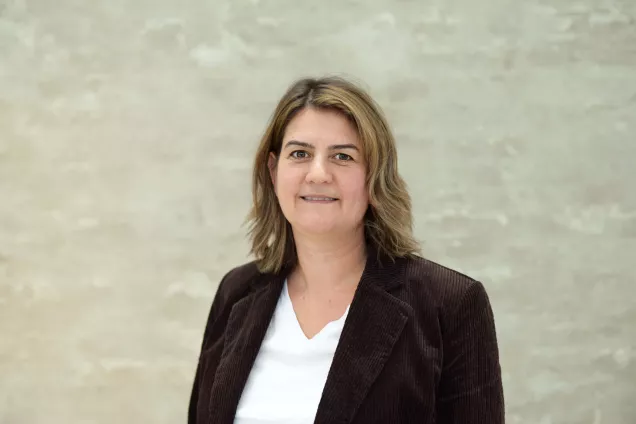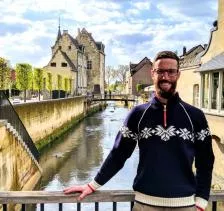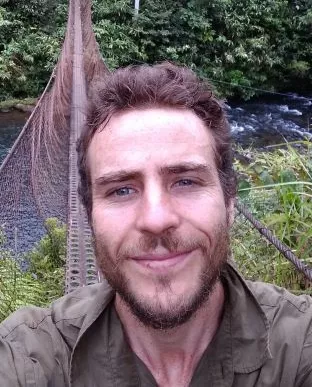– We know that climate change is not just a global issue but also creates local risks which we are often underprepared for. Climate risks are cross-boundary, cross-scale, and multi-dimensional, and how we adapt to these risks requires an understanding of who and what is vulnerable, as well as who has the capability to adapt, says Murray Scown, researcher at Lund University Centre for Sustainability Studies, LUCSUS.
Murray Scown and his colleague Guy Jackson explain that climate change adaptation can take many forms such as sea walls or land buybacks and relocation strategies, and that the process of adaptation can be highly political.
– We want to explore what makes places and people vulnerable, and highlight how affluent countries are now experiencing greater climate risks. How is inclusion or exclusion in social networks for example impacting on a person’s access to, and engagement in, the politics of climate change adaptation? And how are physical climate risks intersecting with these social contexts?, says researcher Guy Jackson.
Study geographical places at risk of sea level rise
As part of the project, ICARUS, “Illuminating power dynamics in cross-scale adaptation for more resilient and just futures”, a team of researchers at LUCSUS will conduct fieldwork in Falsterbo and Malmö in Skåne, and in Cambridge and North Norfolk in East Anglia: both of these areas are at risk as sea levels are projected to rise. The fieldwork will include mixed methods approaches to engage with politicians, local government and state authorities, and with the communities that are impacted by climate change and adaptation measures. Professor Emily Boyd, principal investigator of the project, and LUCSUS Director, explains that the novelty of the project is the application of a new approach to studying climate risk called intersectionality.
– We will interview a broad range of people, including both those who are included, and those who are excluded, from climate change adaptation processes, and collect their experiences and reflections on what is happening in their locality, says Guy Jackson.
Depart from a lens of power and marginalisation
Highlighting the everyday experiences of excluded voices and people is at the core of the research project emphasises civil society project partner Ana Maria Vargas. Because often campaigns for certain local climate change adaptation measures are driven by influential land owners, or powerful people. Marginalised groups’ views are thus excluded in how climate change adaptation is implemented.
– By departing from a lens of power and marginalisation, we can contribute with research that questions the whole process of climate change governance, including both practical implementation and the planning beforehand. This approach, we believe has been missing in affluent countries like England and Sweden says Guy Jackson.
Emily Boyd underscores the ambition that the research results will be valuable to researchers, policy actors, and civil society. Hopefully they can shed light on how climate change adaptation can become more inclusive, just and resilient in different geographical places. Another important contribution is the project’s cross-cutting perspective, where the researchers will identify how local adaptation measures intersect with global climate change and other social, economic and political processes.




